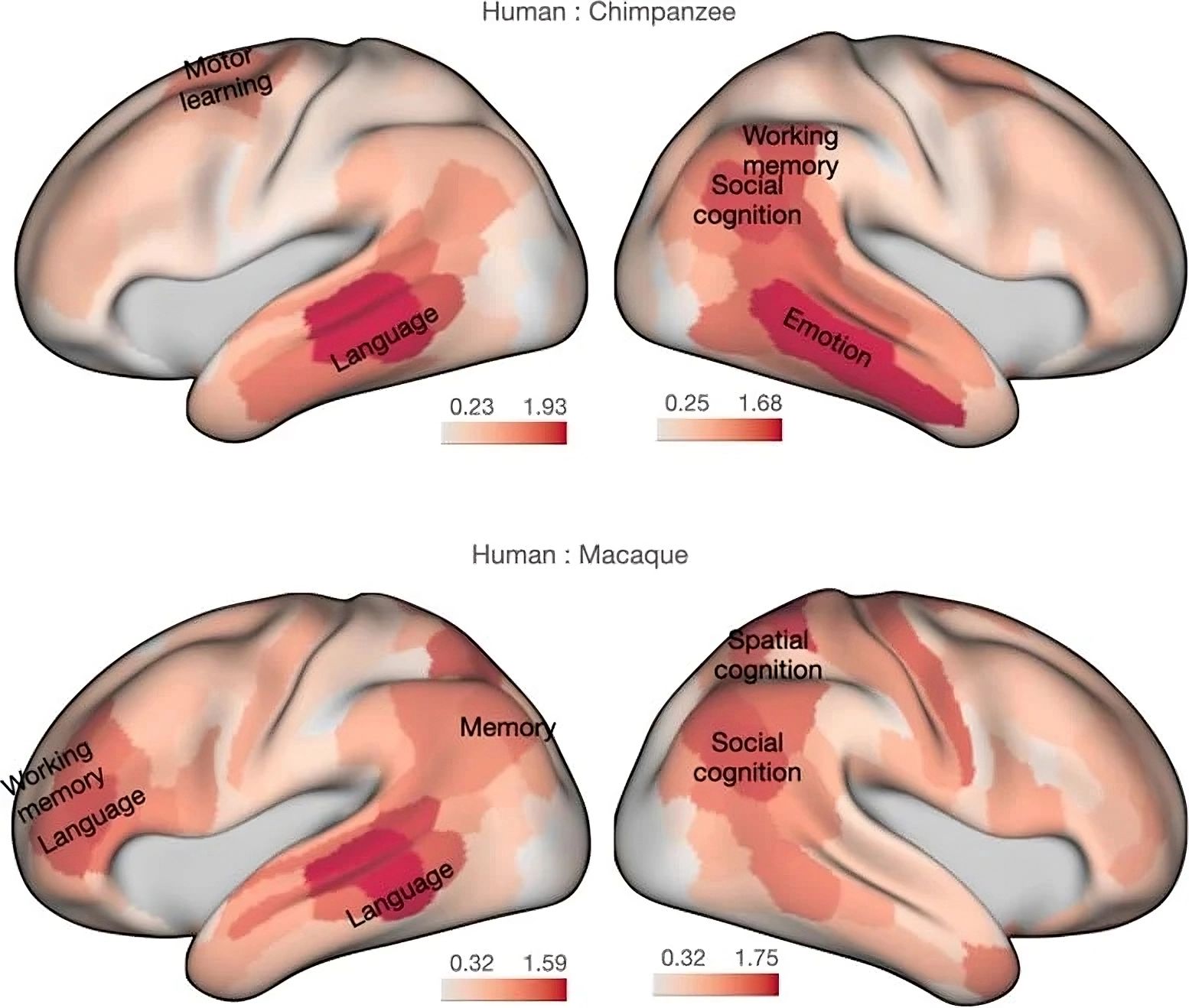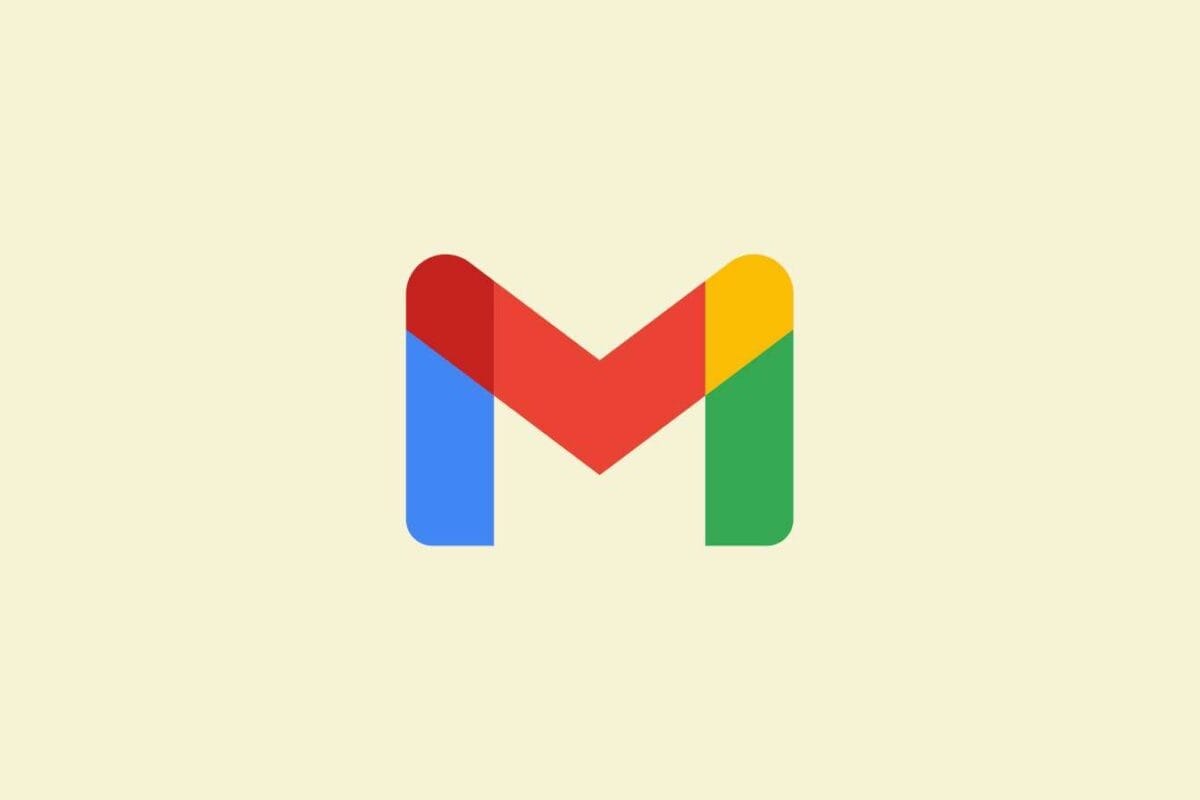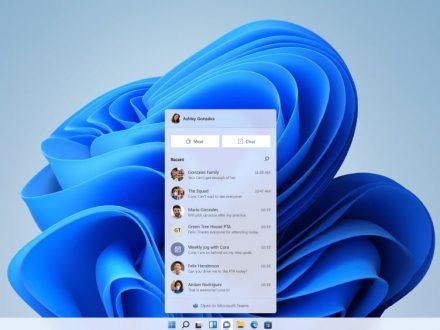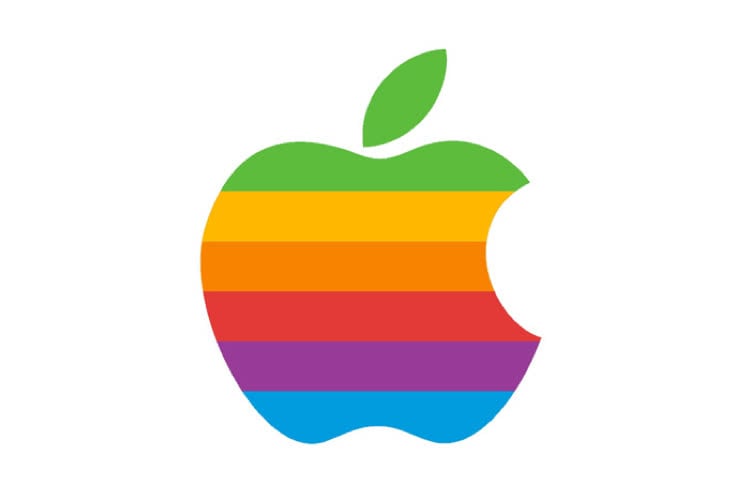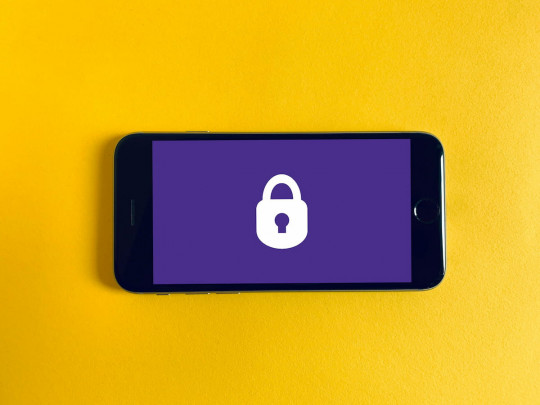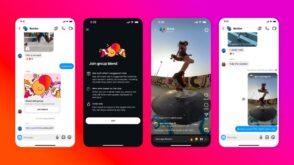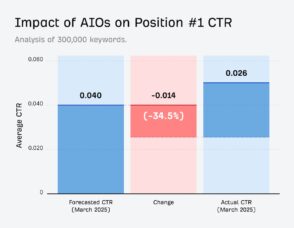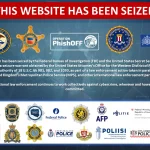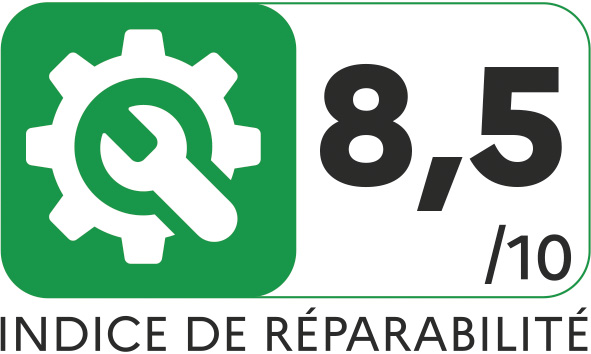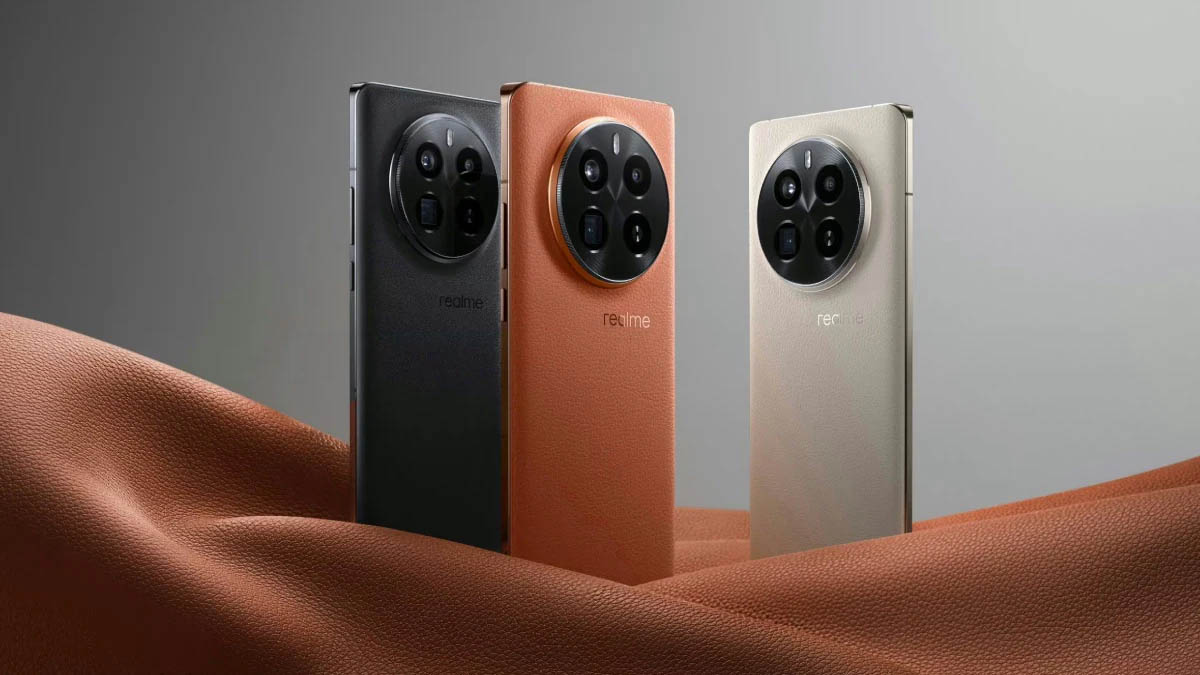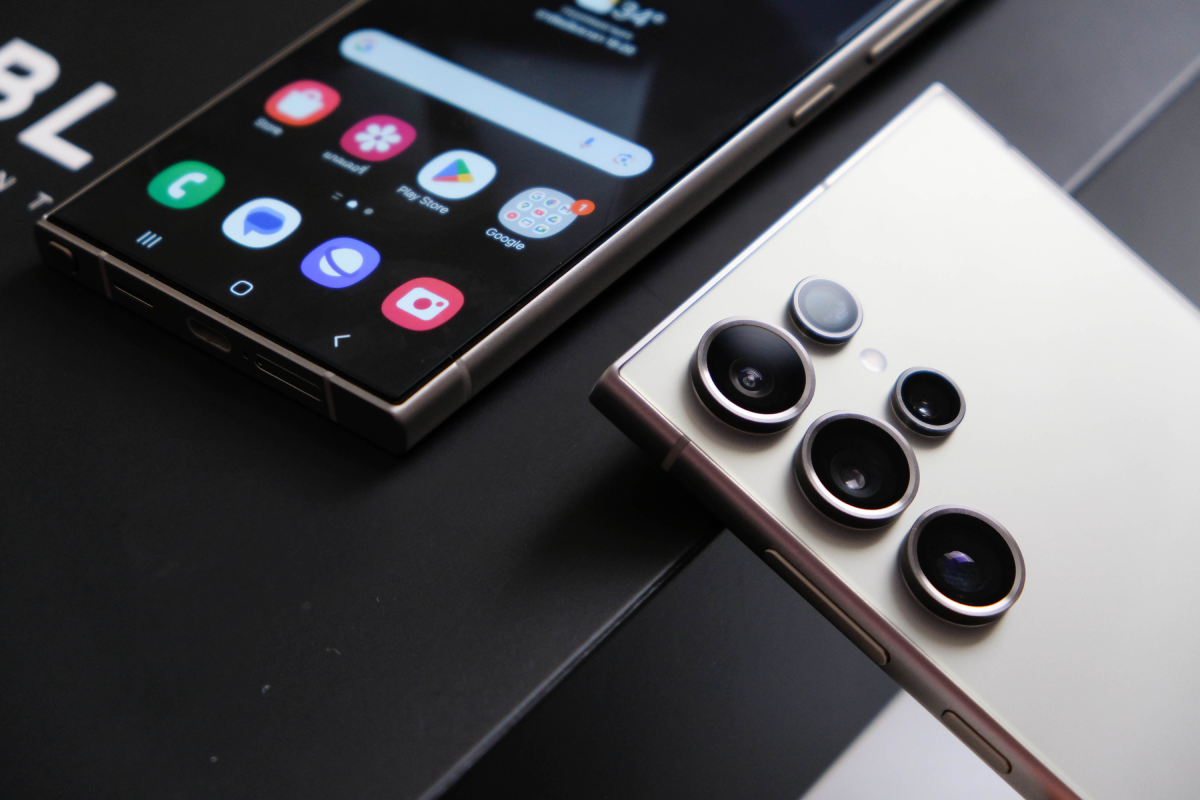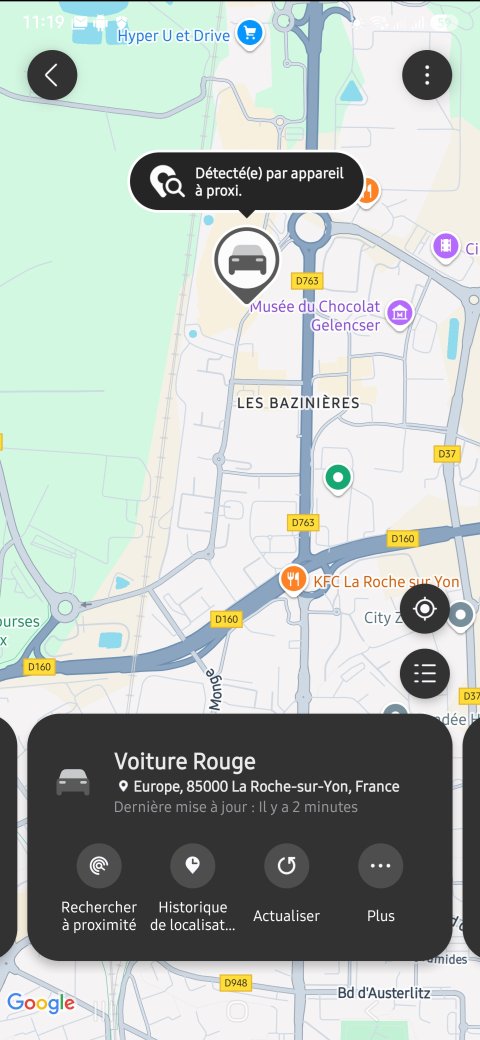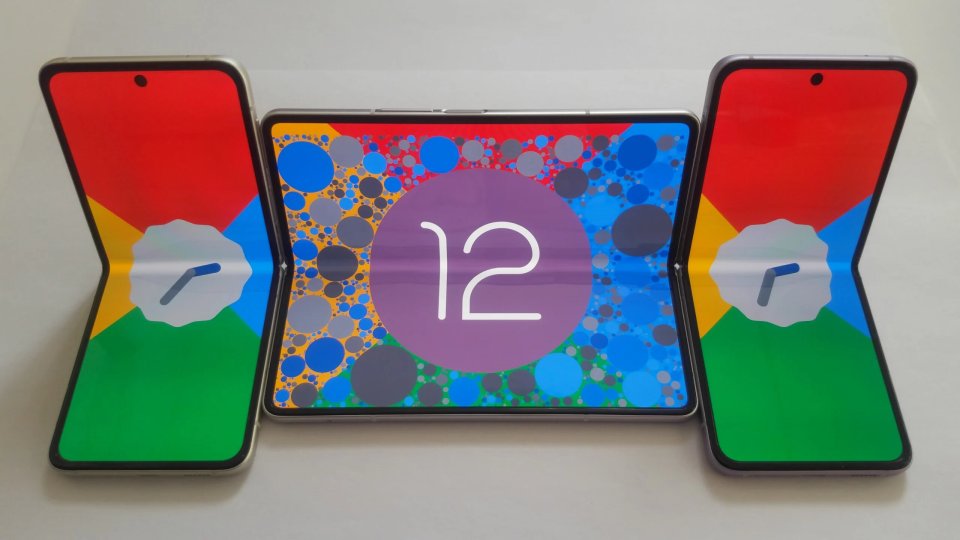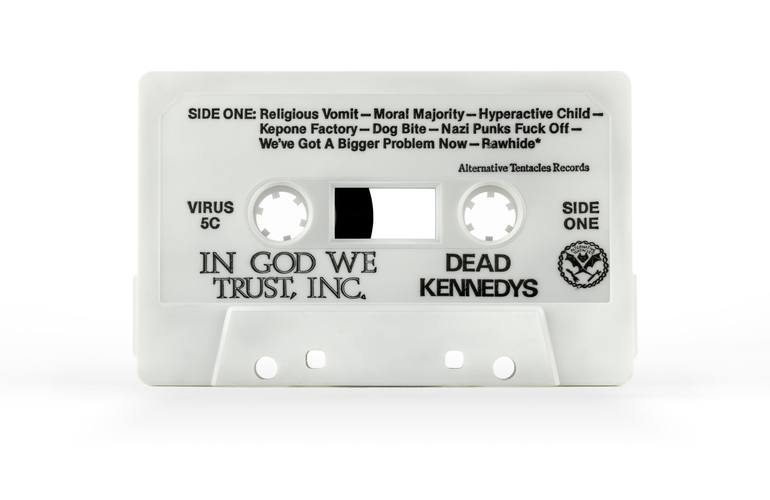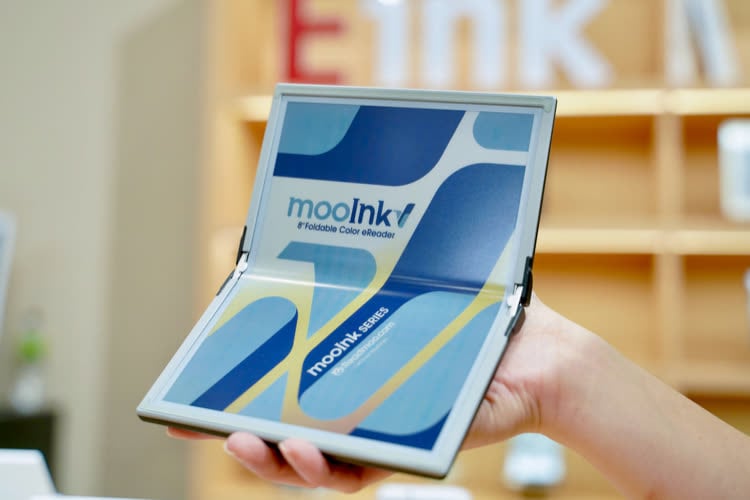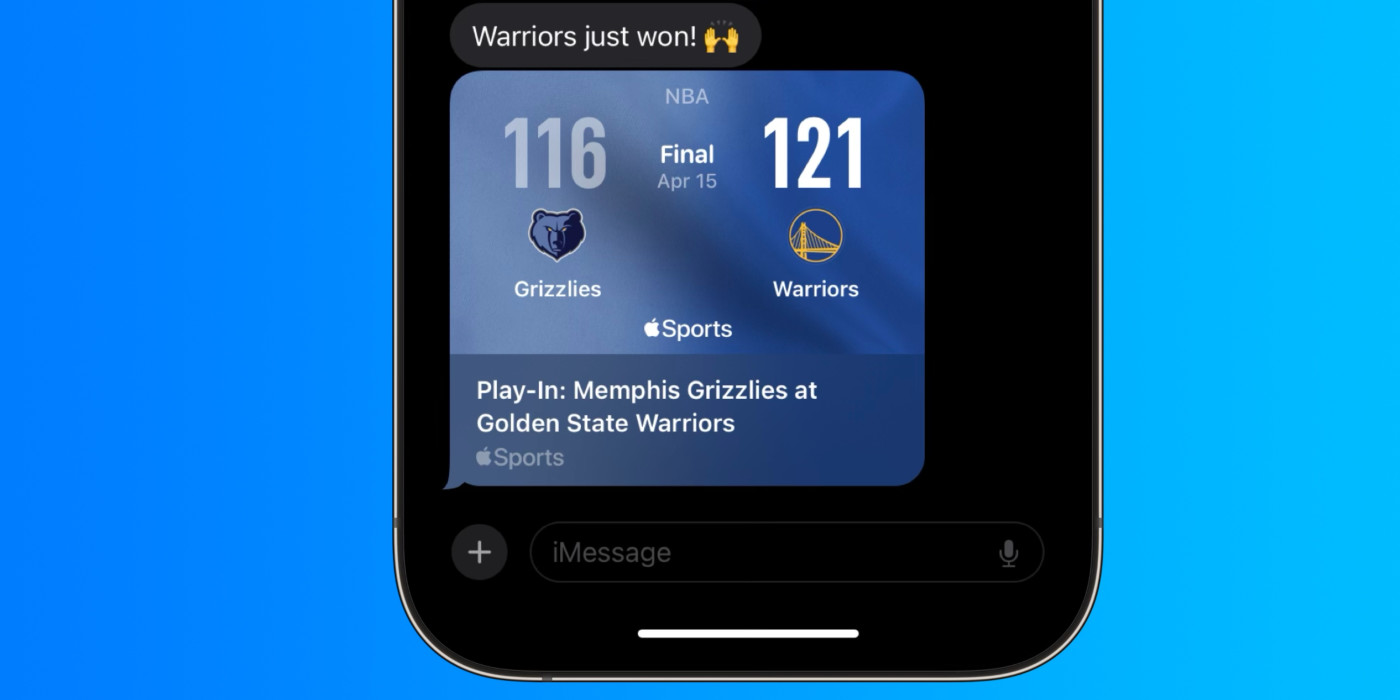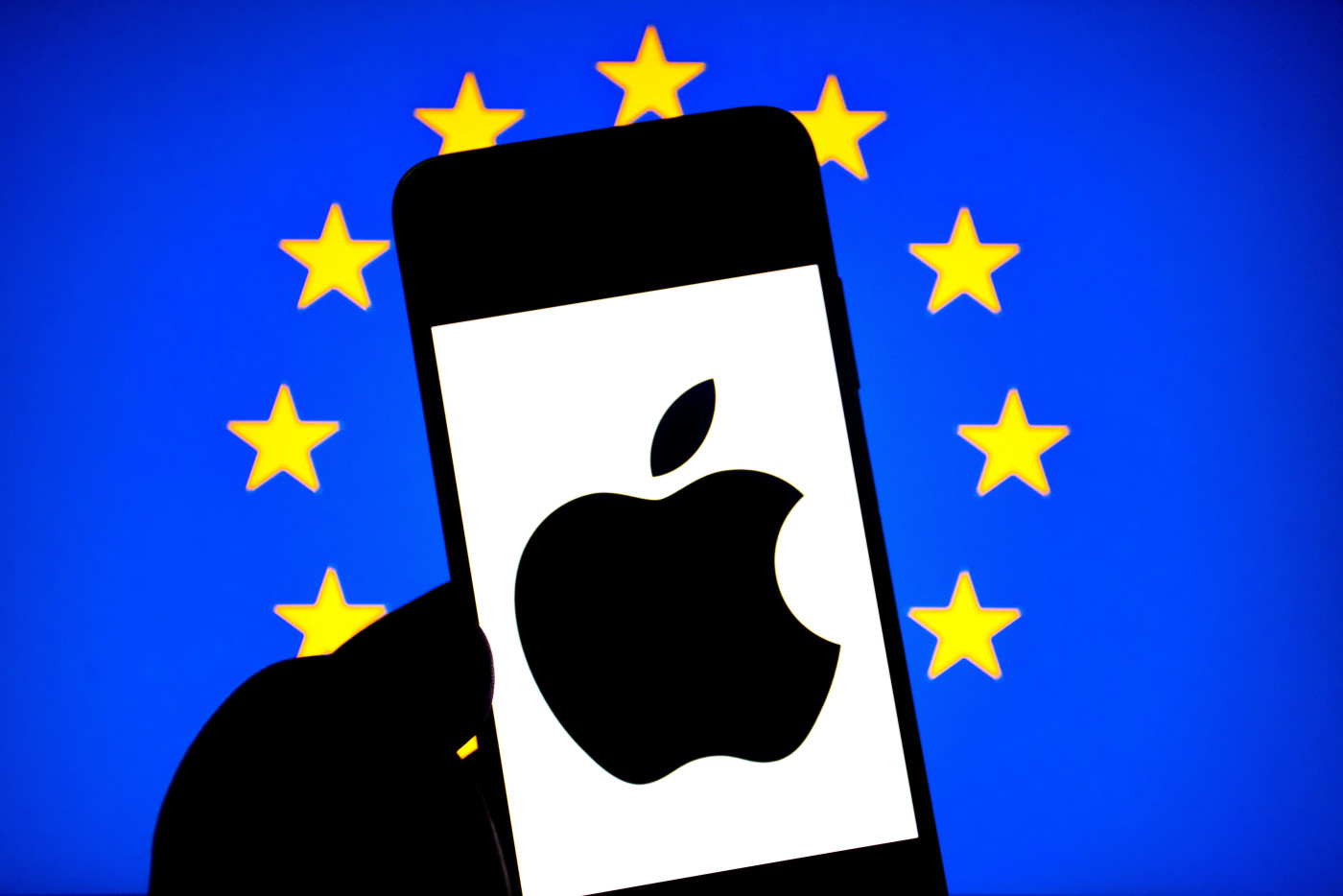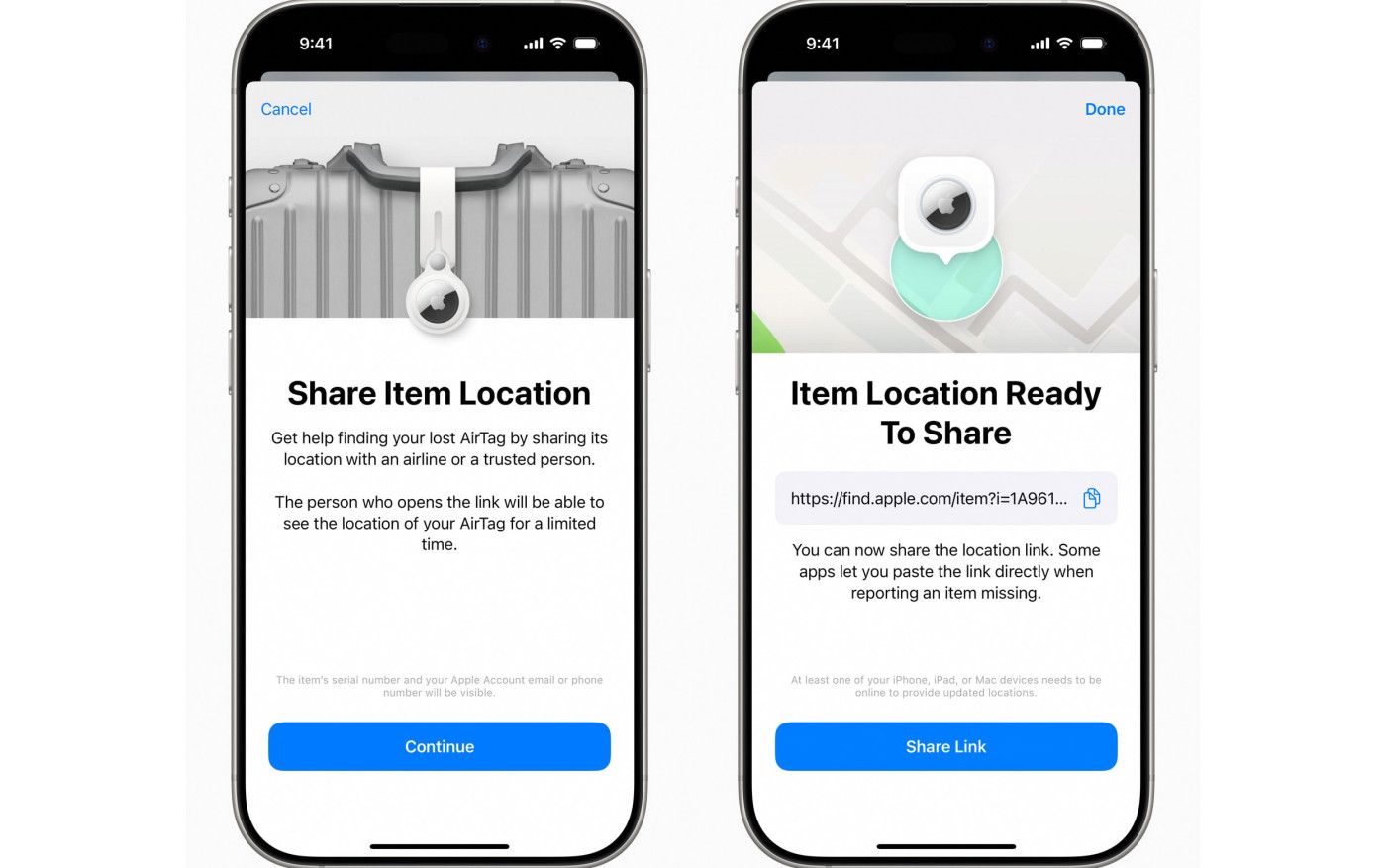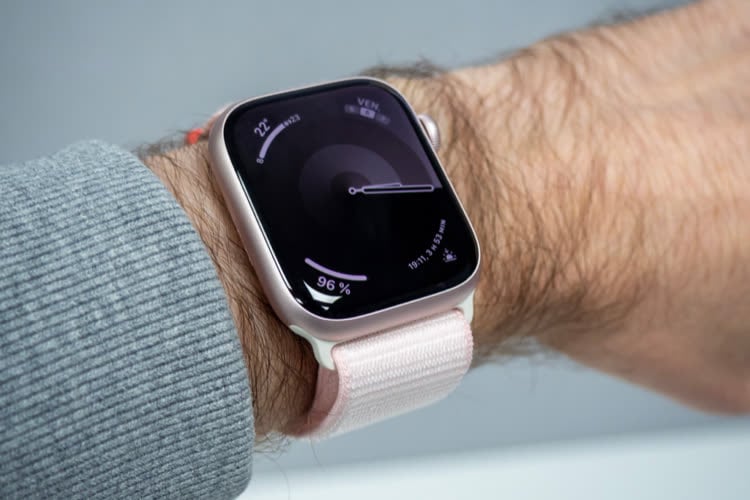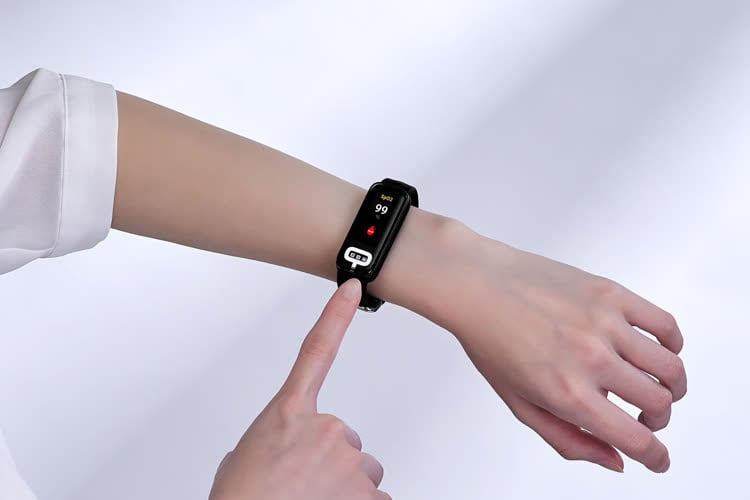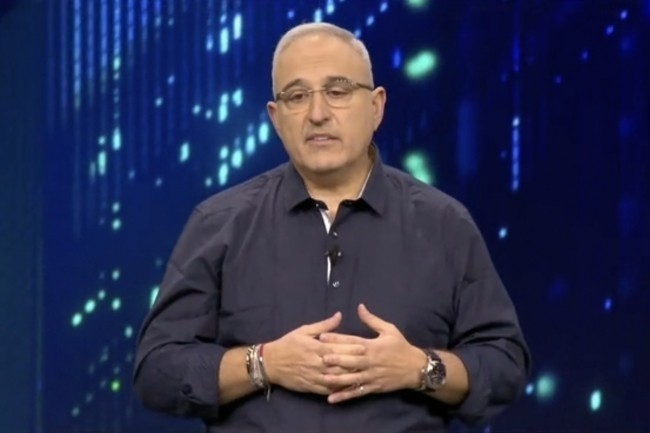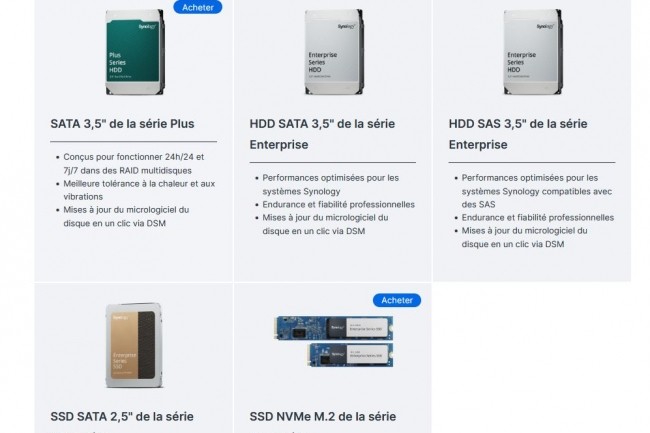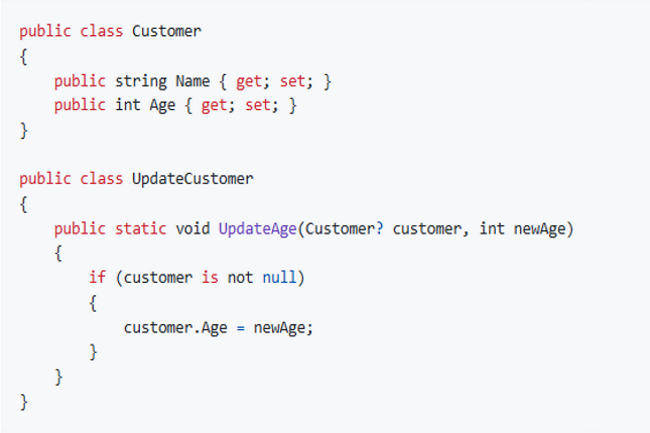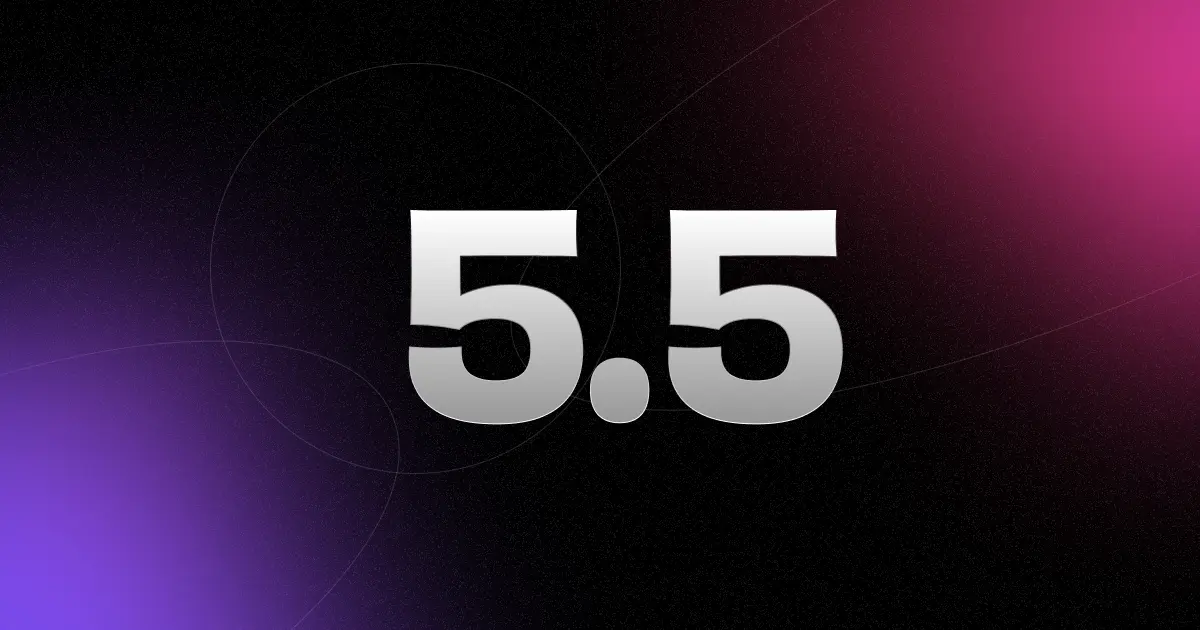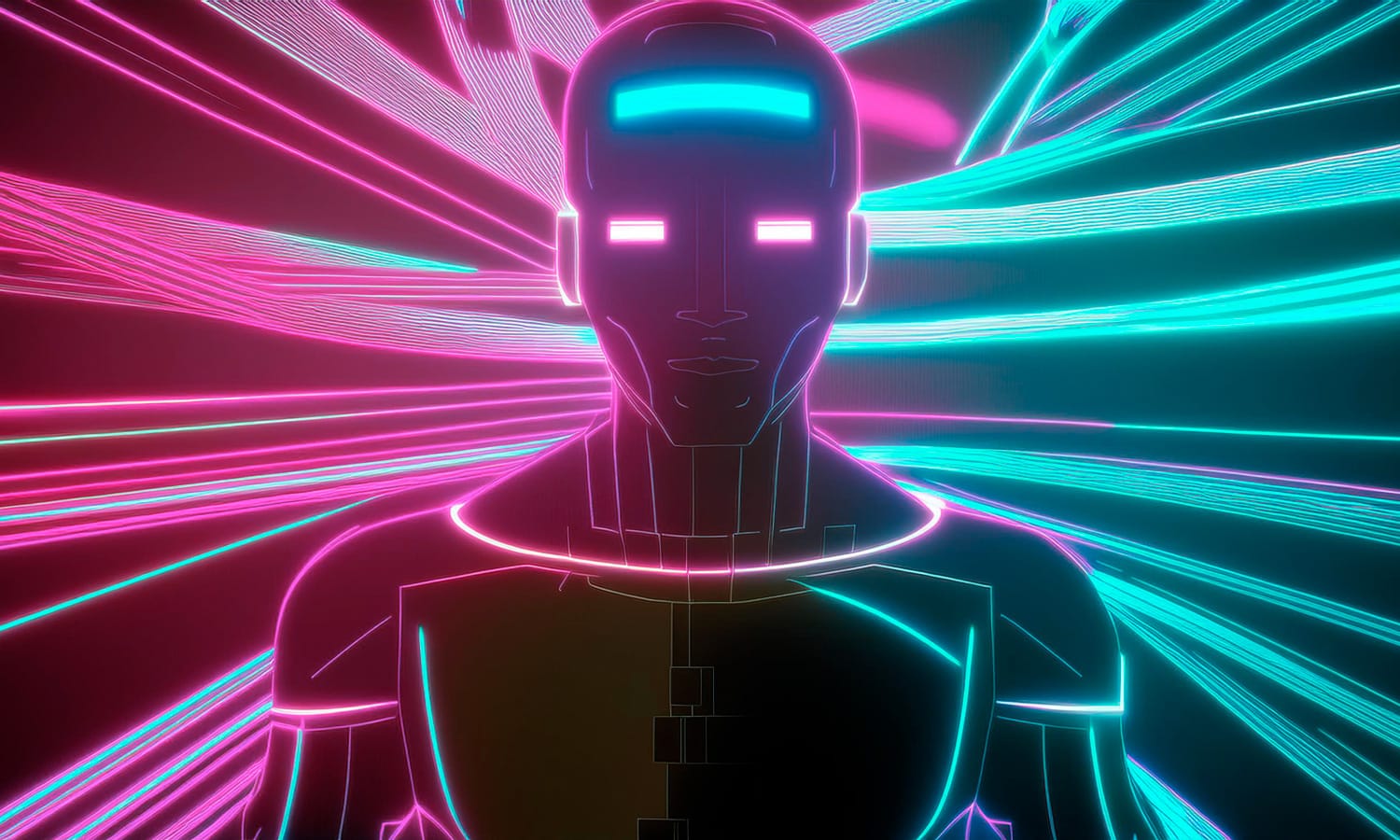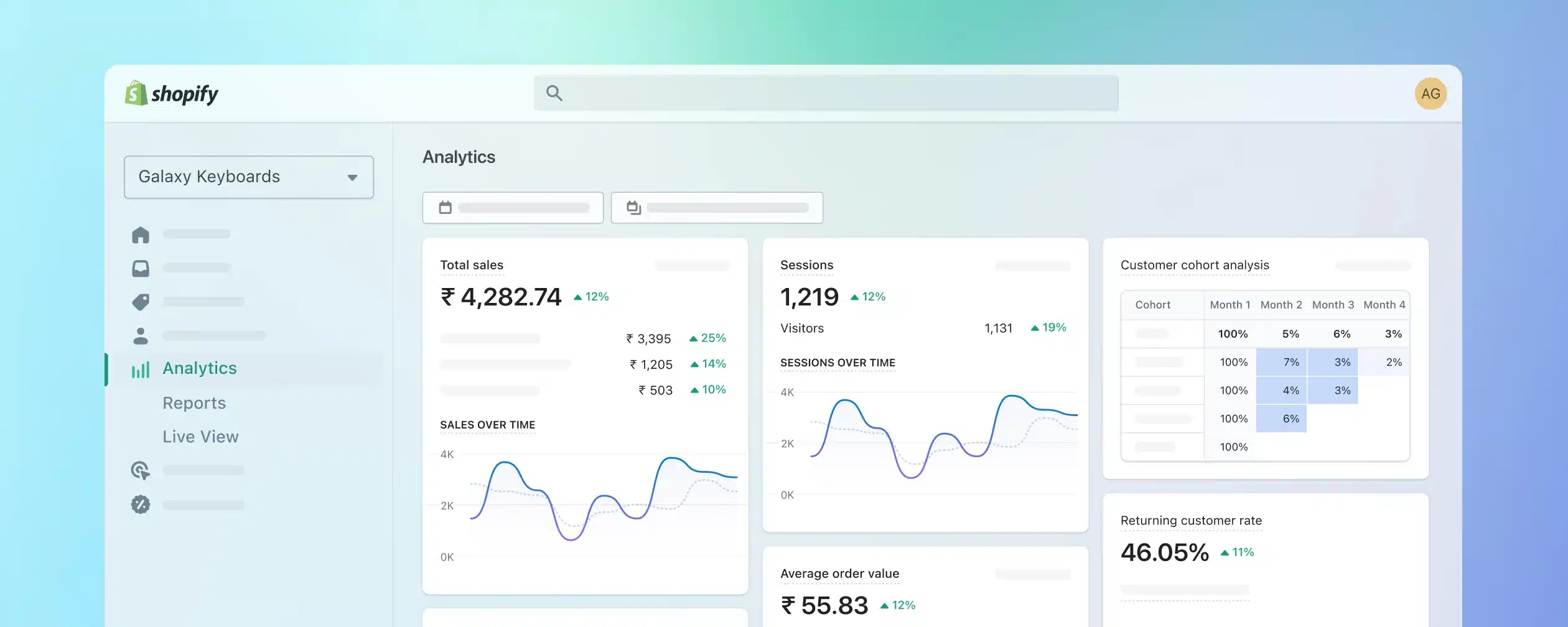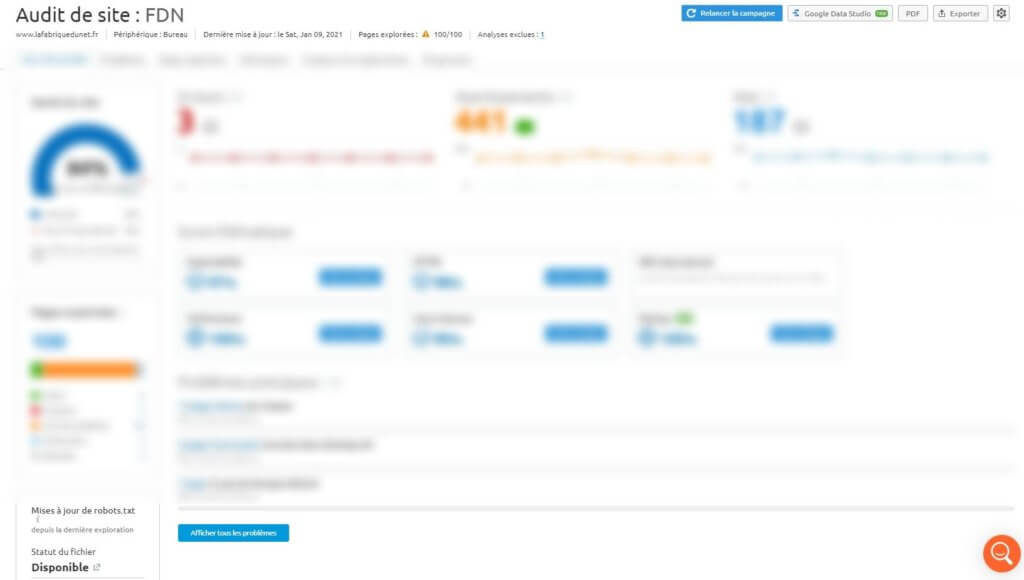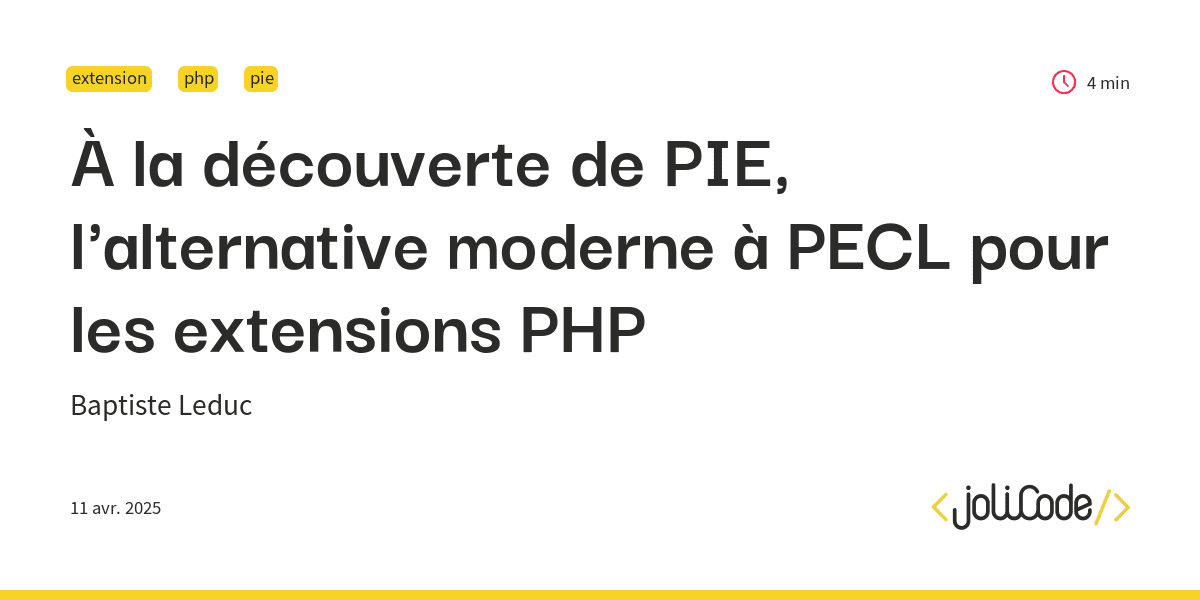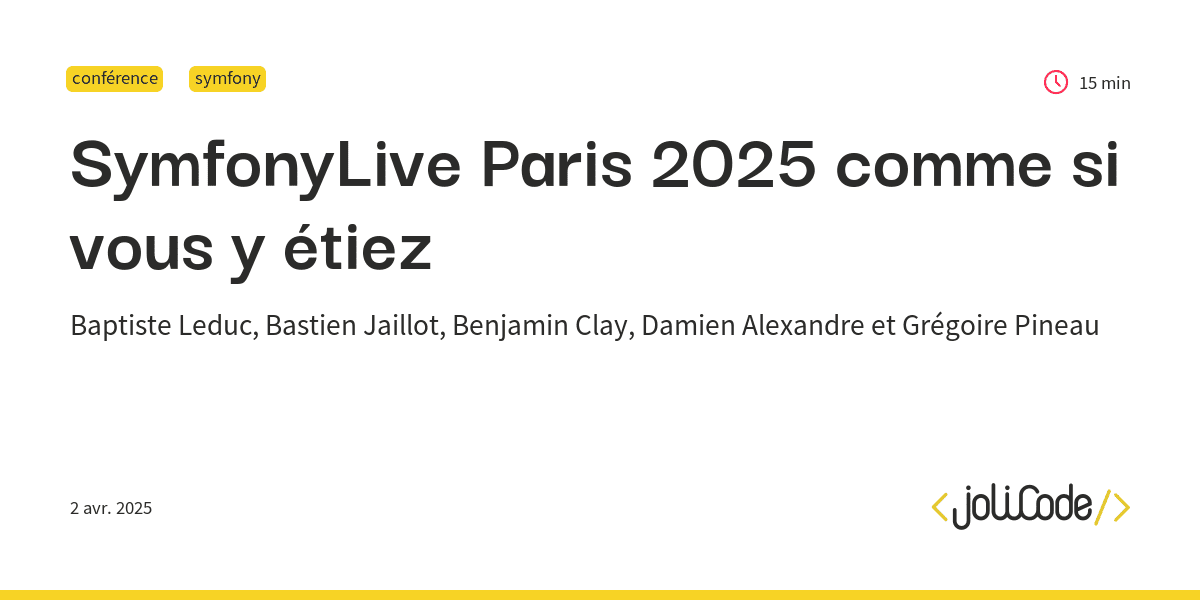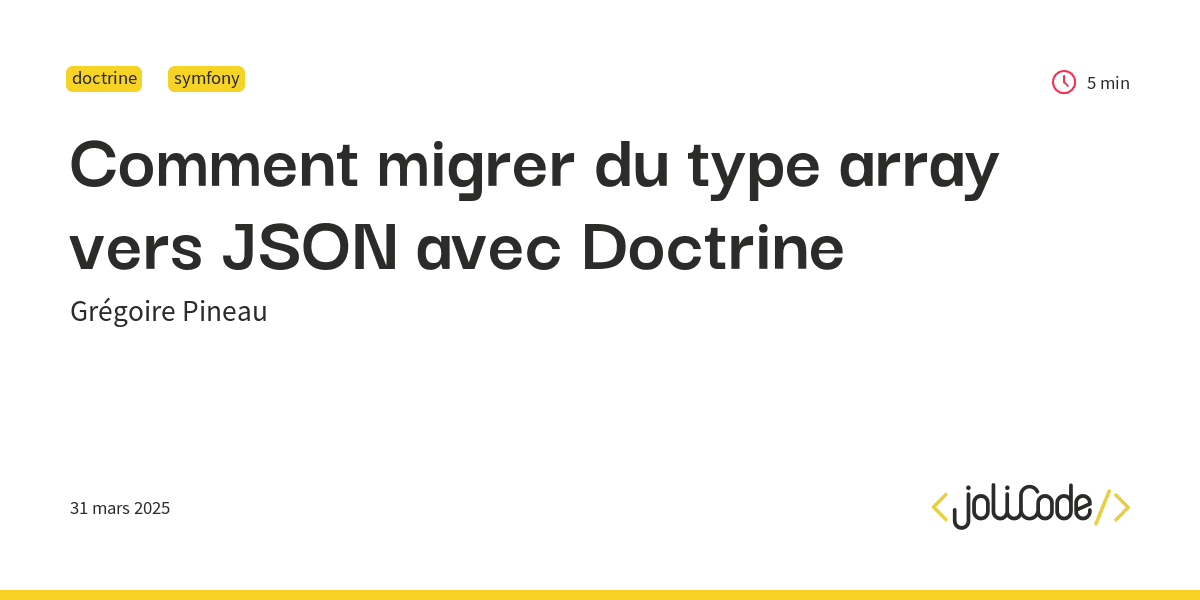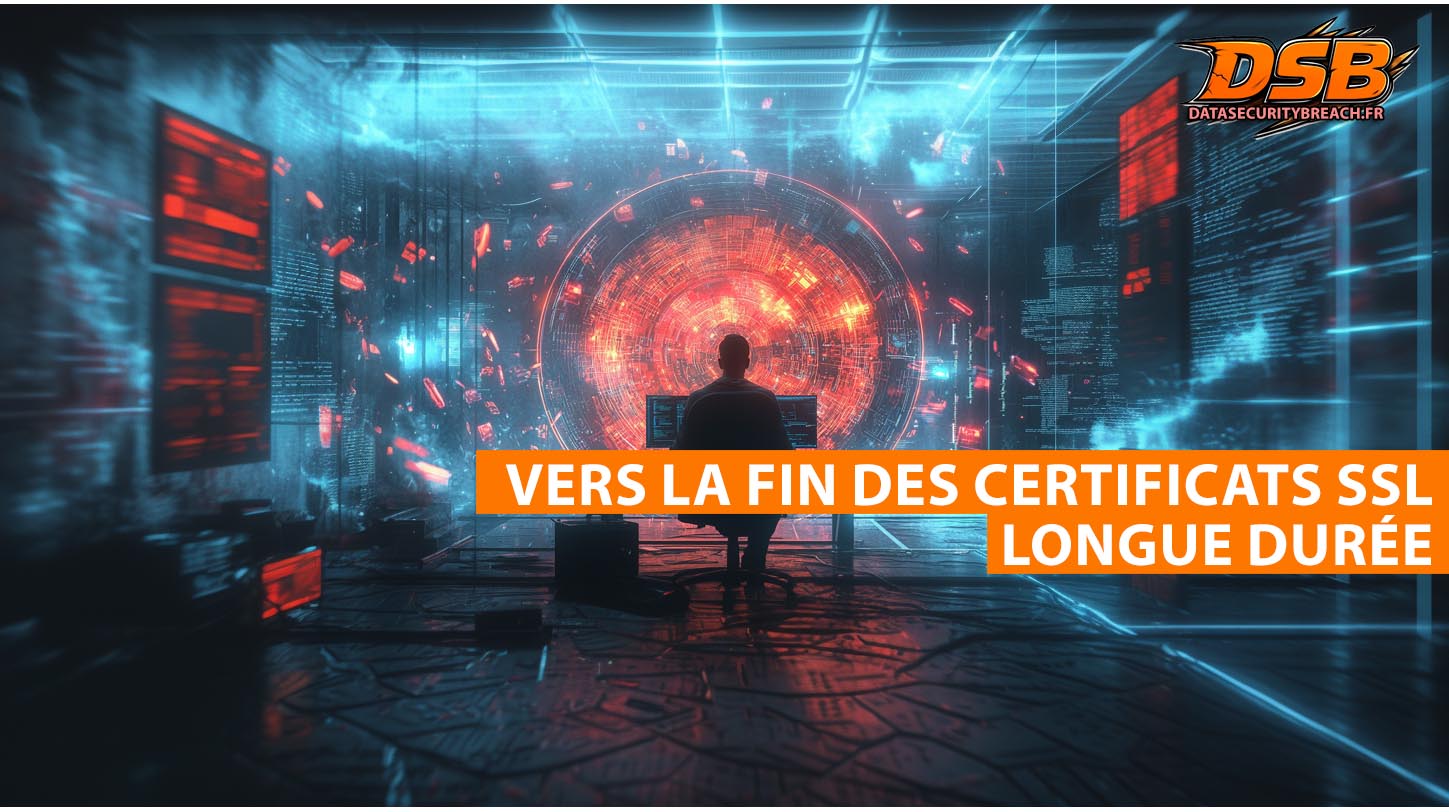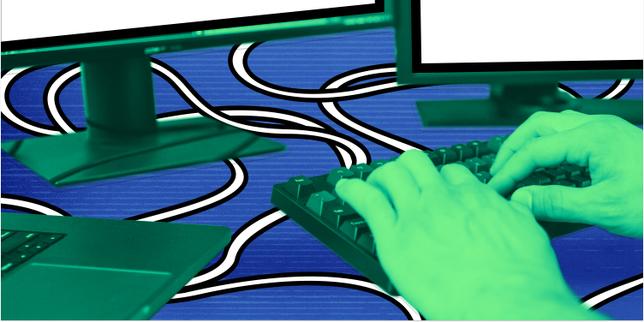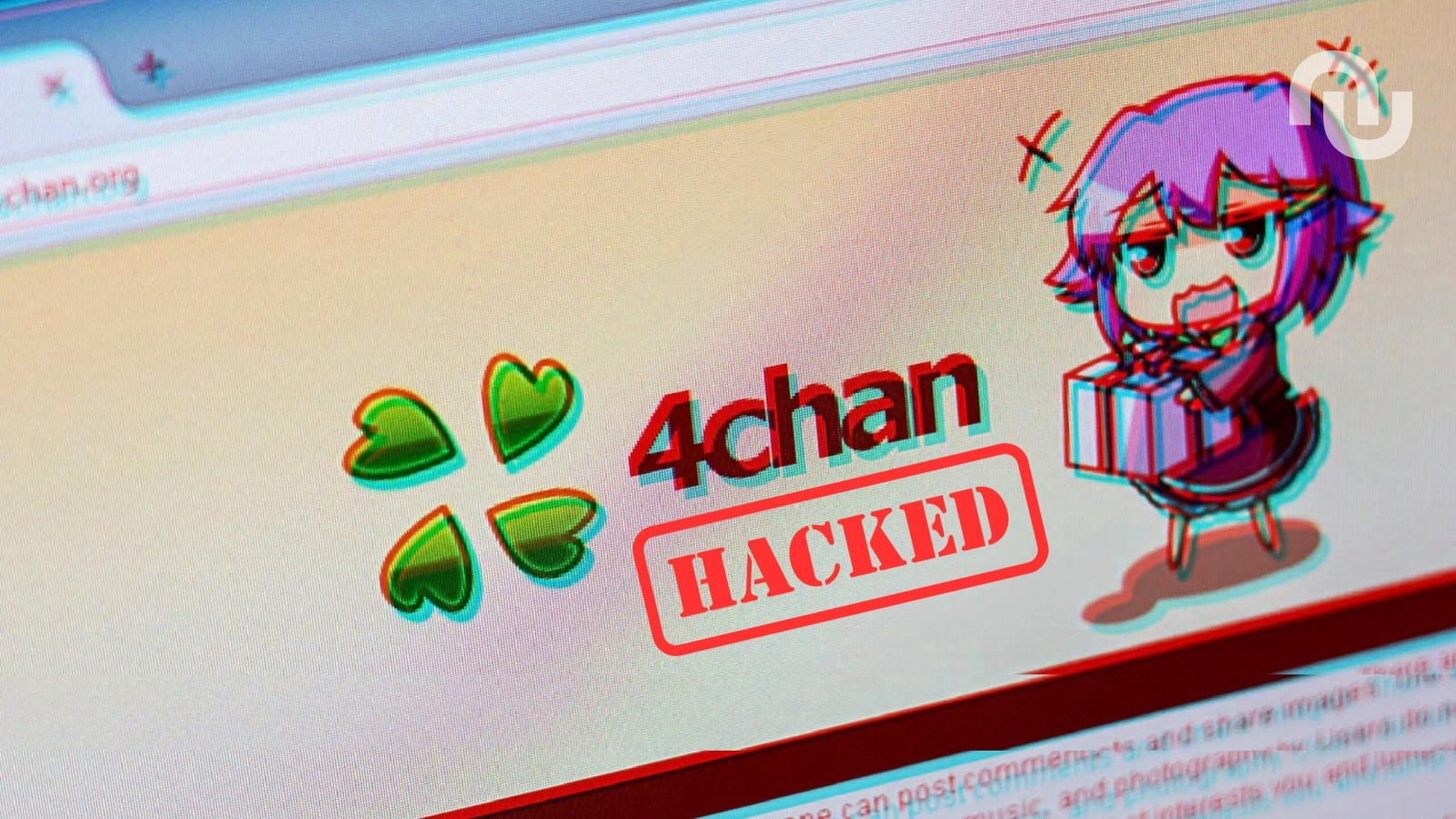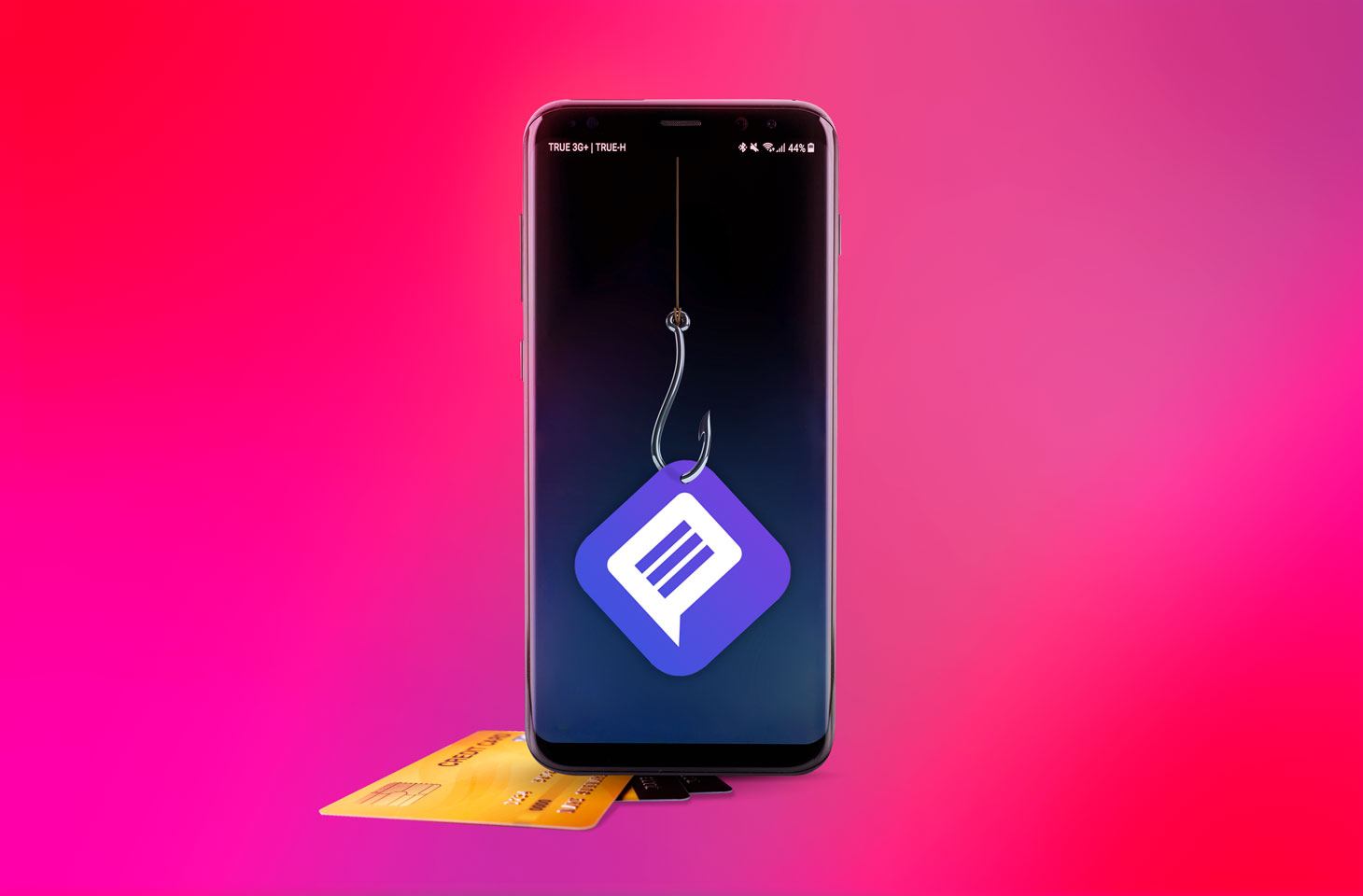New research from CyberArk finds that Gen Z places the highest value on their online identity, but are most vulnerable to cyber threats
Would you pay to keep your identity safe online? Gen Z would, but are still most at risk of cyber attacks - Special Reports

New findings from CyberArk show that while Gen Z places the highest importance on protecting their digital identity, they are also the most vulnerable to cyber threats – posing risks not just for individuals but for businesses too.
As digital identities increasingly become central to everyday life, perceptions of security vary across generations. The research reveals that Gen Z is more likely than older generations to consider personal digital assets – such as pictures (56%), videos (50%) and voice recordings (49%) of themselves – as important aspects of their digital identity, compared to just 34%, 19% and 26% of baby boomers. At the same time, this younger generation seemingly faces the greatest exposure to cyber threats, with only 20% of Gen Z reporting they have never been hacked or had their identity stolen, compared to double the amount of baby boomers (41%).
Despite being digital natives, Gen Z's confidence in online apps and services is moderate (61%) – perhaps because of the amount of them who have experienced some form of online fraud – and similar to Gen X (62%) and millennials (64%), though still significantly higher than baby boomers (52%). However, their willingness to pay for privacy is where they stand out – 71% of Gen Z would pay more than £100 to safeguard their identity compared to just 23% of baby boomers.
Despite this, all generations fear the possibility of cybercriminals exploiting personal information, but priorities differ:
• Baby boomers worry most about financial fraud, with 73% concerned about money being stolen compared to just 44% of Gen Z.
• Gen Z is more concerned about their facial data (60%) than baby boomers (51%), perhaps as a nod to their familiarity with AI and its possible uses in fraud, whereas older generations prioritise financial details like credit card numbers (74% baby boomers compared to 66% Gen Z).
• Email hacking is a universal fear, with 57% of Gen Z, 67% of millennials, 65% of Gen X and 65% of baby boomers worried about their inboxes being compromised.
The increasing overlap between personal and professional digital identities is also a growing concern, particularly as cybercriminals increasingly target login credentials to gain access to sensitive business data. In fact, 62% of Gen Z consider their workplace emails as a critical part of their digital identity and all generations (51% Gen Z, 60% millennials, 52% Gen X and 52% baby boomers) share concerns about cybercriminals stealing and using access to their workplace accounts maliciously.
Forty-three percent of Gen Z also fear cyber criminals could infiltrate their workplace accounts if the apps and services they use both personally and professionally were compromised, highlighting a growing cybersecurity challenge for businesses. This is especially true given Gen Z is most likely to have fallen victim to a cyber attack, indicating they may be taking more risks online.
David Higgins, Senior Director, Field Technology Office at CyberArk, comments: “These findings highlight a stark contrast in how generations approach their digital identities. Gen Z is seemingly more invested in their online presence but they also appear to face higher risks – raising questions about whether their confidence in online platforms is misplaced. As cyber threats continue to evolve, businesses, policymakers and individuals must work together to strengthen digital security, ensuring that every generation can navigate the digital world safely.”




